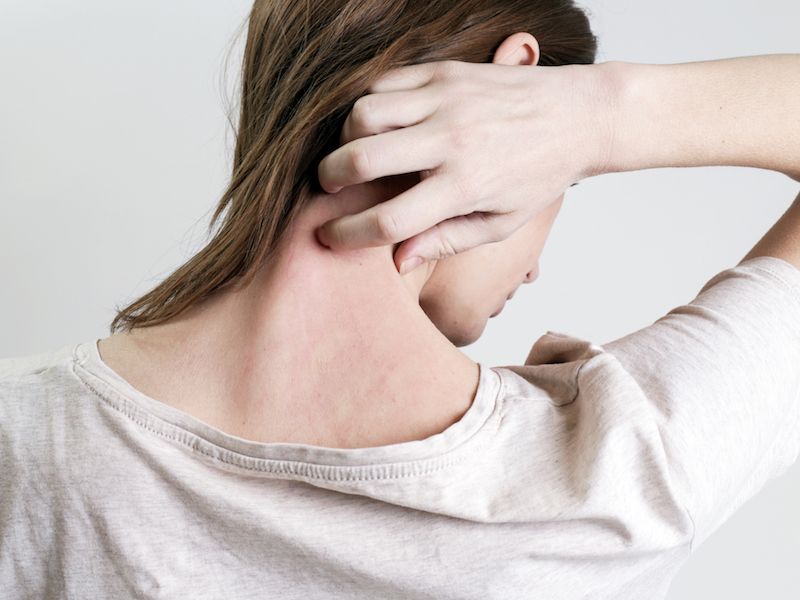
The word psoriasis usually recalls images of people with skin problems like the people on all those advertisements. Psoriasis affects your general health and not only your skin. Psoriasis is commonly misunderstood and minimized, due to a lack of knowledge of how psoriasis impacts sufferers as well as the serious conditions that can be related to this disorder. Although plaques on the skin are its most apparent symptom, they’re indicative of what psoriasis can cause throughout the body: Continuous Irritation that can increase the chance of metabolic conditions and cardiovascular disease.
New research reinforces the body of research linking another significant issue to psoriasis: Hearing loss. Published in The Journal of Rheumatology, this research evaluated links between psoriatic arthritis, mental health, and hearing impairment. Psoriatic arthritis has an impact on the joints, and is a type of psoriasis, causing pain, inflammation, and difficulty moving. Afflicted individuals could also suffer from psoriasis, but with psoriatic arthritis, it’s possible to have irritation without also experiencing the tell-tale plaques.
When someone has psoriatic arthritis, the body is basically targeting its own healthy tissue in the same way that it does with rheumatoid arthritis because they are all autoimmune diseases. But psoriatic arthritis varies from rheumatoid arthritis in that it’s frequently asymmetrical (so you could have it in one knee but not the other), and that besides joints, it frequently targets sufferer’s nails (bringing about painfully swollen fingers and toes) and eyes.
Based on the findings of this recent study, swelling from psoriatic arthritis could also impact hearing. The researchers contrasted the self-reported hearing loss of people who suffer from psoriatic arthritis, people who suffer from psoriasis but not psoriatic arthritis, and a big control group of people with neither condition. They found that the group with psoriatic arthritis was more likely to have hearing loss, and those reports were supported by audiometric screening. Even when other risk considerations are considered, psoriatic arthritis sufferers were significantly more likely to have loss of hearing than either {psoriasis sufferers or the control group}.
But there is an evident connection between psoriasis, psoriatic arthritis and hearing loss. A 2015 study found that people who have been diagnosed with psoriasis are at a considerably higher danger of developing sudden sensorineural hearing loss, also referred to as sudden deafness. The capacity to hear diminishes significantly over three days or less with sudden sensoroneural hearing loss. It has several possible causes, but scientists theorize that individuals who have psoriasis are in greater danger due to the type of rapid inflammation that happens during a flare-up of psoriasis symptoms. The hearing might be impaired if this occurs near or in the cochlea. This form of hearing loss, in many cases, can be helped by treatments that relieve psoriasis., but hearing aids are often recommended when sudden deafness doesn’t respond to other treatments.
It’s worthwhile to keep track of your hearing if you suffer from psoriasis or psoriatic arthritis. Make regular hearing tests along with your yearly health-care checkups. The inflammation from these diseases can lead to inner ear harm, which can result in hearing loss as well as problems with balance. Psoriasis and psoriatic arthritis are both also linked to depression and anxiety, both of which can be further exacerbated by loss of hearing. Loss of hearing is a condition you want to catch early because untreated loss of hearing can result in other health issues including dementia.
Awareness is key, and cooperating with your doctors and periodically having your hearing checked can help you keep in front of symptoms with timely intervention. You shouldn’t need to compromise your standard of living for psoriasis or for loss of hearing, and all the difference is having the proper team on your side.
